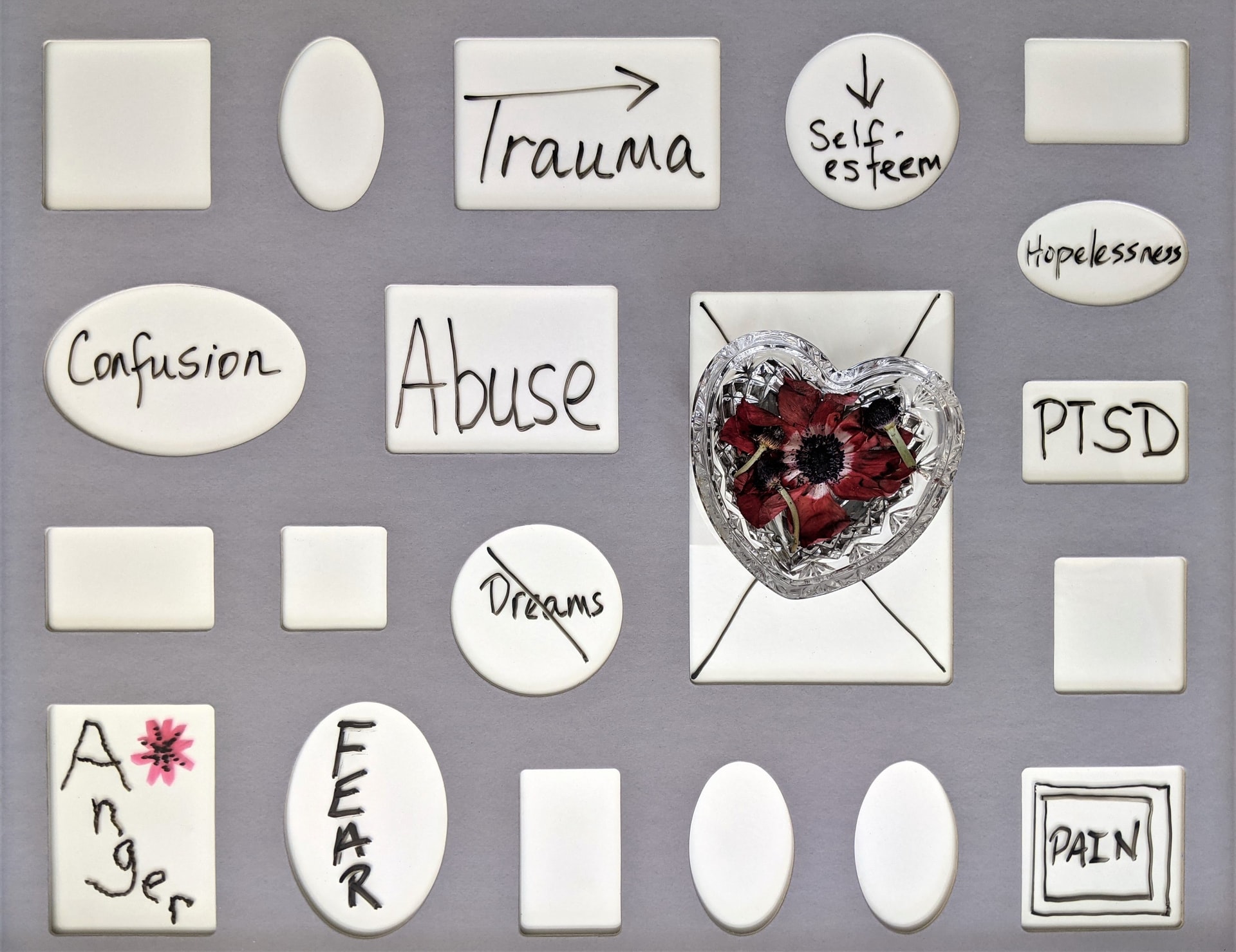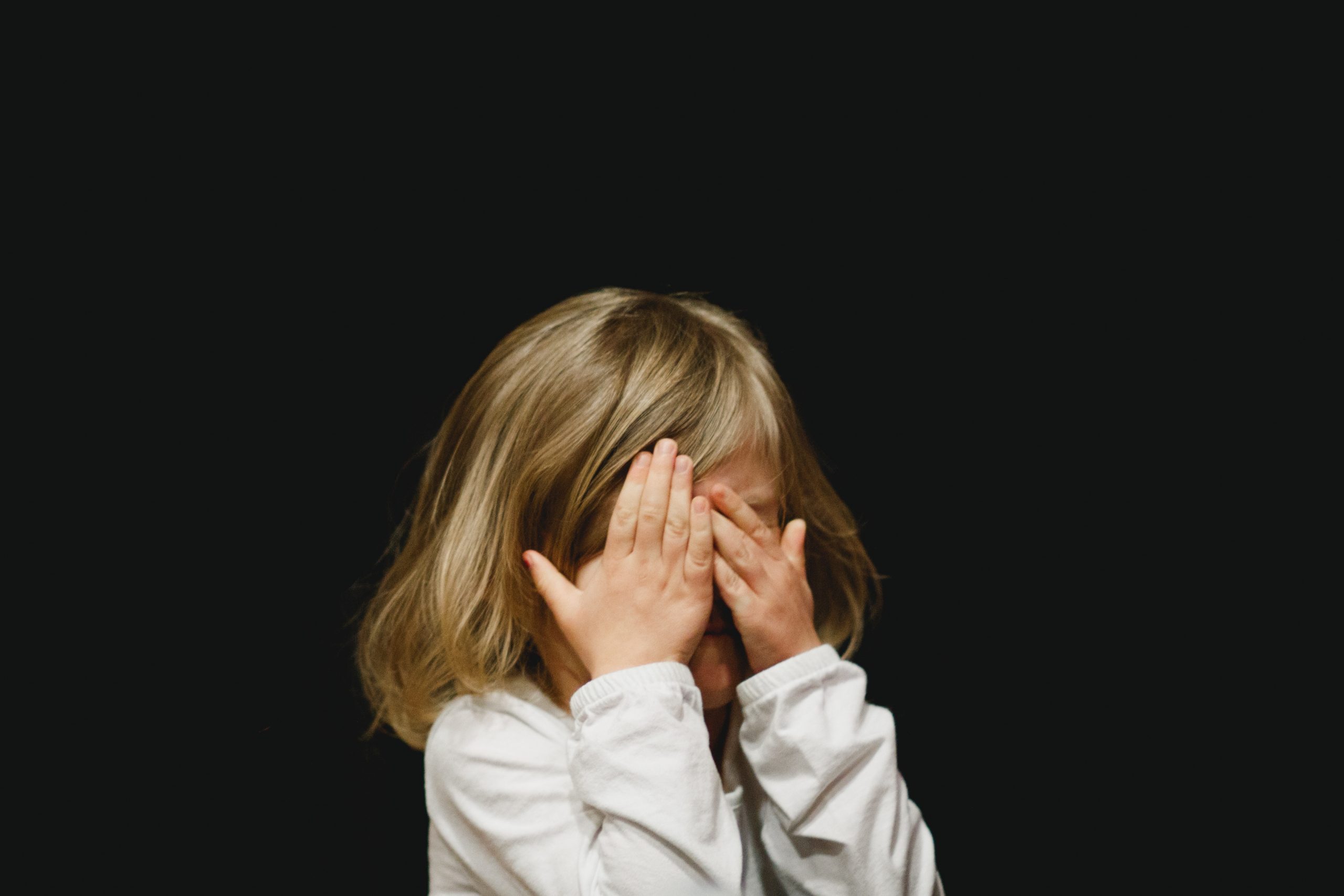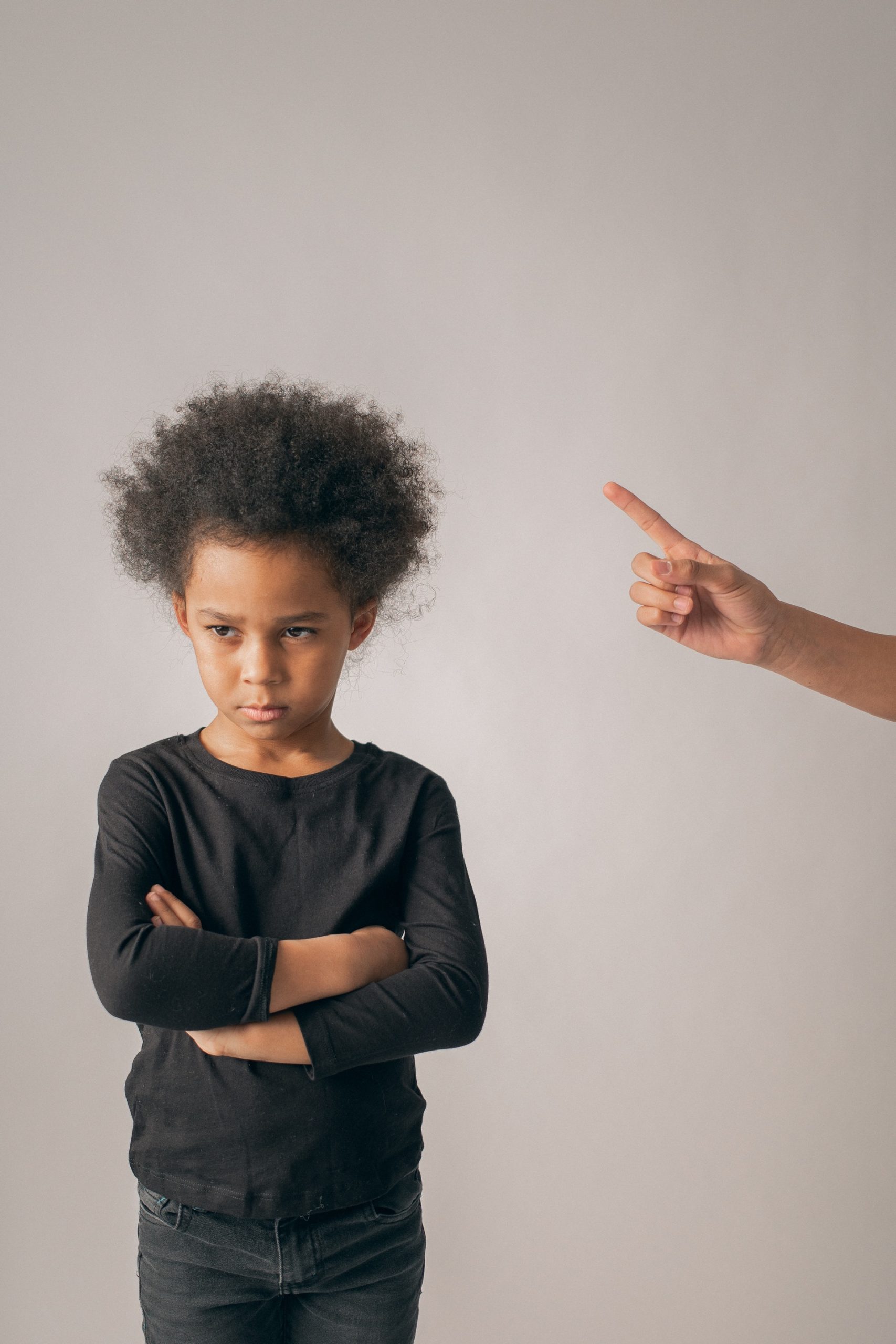Emotional abuse, also referred to as psychological abuse, is often hidden from the public eye. Since this type of abuse doesn’t show with outward bodily bruises, it is harder for people to recognize. Adults in emotionally abusive relationships often have difficulty identifying the abuse until it has escalated. Children who want to please their parents are at a higher risk since they are less likely to ask for help.
Whether you are caring for a child you suspect may have been psychologically abused, or you are a figure of authority wanting to learn how to recognize examples of emotional abuse, it is critical to understand exactly what the abuse entails and how it can follow a child into adulthood.
What is Emotional Abuse?
 Emotional abuse occurs when a parent or guardian uses their authoritative power to intimidate or harass a child under their care. This can include negative verbal remarks, insults, or threats. Sometimes the abuser will use isolation as a tactic to keep the child under their control. Whatever method the abuser uses, the child’s sense of self-worth and value decreases. They begin to believe they are bad, worthless, and not deserving of love.
Emotional abuse occurs when a parent or guardian uses their authoritative power to intimidate or harass a child under their care. This can include negative verbal remarks, insults, or threats. Sometimes the abuser will use isolation as a tactic to keep the child under their control. Whatever method the abuser uses, the child’s sense of self-worth and value decreases. They begin to believe they are bad, worthless, and not deserving of love.
Children in emotionally abusive homes may act out in school for attention. They may not see the point of doing well in school if someone at home constantly tells them they are stupid. Although the abuser is hurling insults that are lies, the child will begin to form a belief based on this lie. These beliefs will form their opinions about themselves, and their behavior will be in response to these beliefs.
Some children become extremely introverted and shy away from socialization during emotional abuse. These children may suffer from depression and anxiety and will possibly engage in self-harm such as cutting themselves in secret.
Common Types of Emotional Abuse
A psychological abuser may use several types of emotional abuse tactics to control and intimidate the child under their care. These abusers tend to behave in a pattern, often pushing their victim’s “buttons” until they react. They may use the child’s reaction to their “gaslighting” to prove to others that the child is crazy or unstable.
 When called out, the abuser will try to apologize. This apology may be in the form of a verbal apology or gifts, like toys or trips. Often, children want to forgive their parents and please them, so they may accept this apology. However, the parent’s abusive behavior will most likely resurface.
When called out, the abuser will try to apologize. This apology may be in the form of a verbal apology or gifts, like toys or trips. Often, children want to forgive their parents and please them, so they may accept this apology. However, the parent’s abusive behavior will most likely resurface.
An emotionally abusive parent or guardian may use one or all of the following common types of abuse:
- Isolation and Rejection – Some abusers withhold love and affection toward a child as punishment. The child may seek affection from other sources, sometimes placing themselves at risk. An emotional abuser may also isolate the child from friends by not allowing them to play or form friendships outside of school.
- Blame – An emotional abuser may blame the child for a failed marriage or missed opportunity. This can leave the child feeling guilty and wishing they had never been born. Although the problem lies with the adult, the child will conclude that they are the reason for the divorce, loss of job, hardship, etc.
- Terrorizing – Threatening a child with physical abuse is a form of emotional abuse even if the child is never actually physically assaulted. An emotional abuser may also threaten to embarrass the child in front of friends or to harm themselves to get the child under their control. Children fear abandonment, so when an abuser threatens to leave forever or to lock the child away, the child is left feeling insecure and frightened.
- Corruption – Some emotionally abusive parents or guardians introduce their children to behaviors that are criminal, deviant, or sexual. These behaviors can include condoning substance abuse, stealing, watching pornography, or engaging in sexual acts. When a parent (who is supposed to be the role model and protector) supports and encourages this behavior, the child may think the behavior is acceptable or become confused as they learn right from wrong.
Psychological abuse takes many forms. It’s important to keep an eye out for the signs of emotional abuse. Even if you think you could be wrong, sometimes a simple questioning of the caregiver can give you a clue to something under the surface or clear up any misunderstandings.
Examples of Emotionally Abusive Relationships Between a Child and Their Caregiver
Sometimes you can pinpoint possible emotional abuse between a caregiver and their child. Pay attention and do not just assume. If you think there might be abuse, contact someone in authority to investigate the situation.

Caregivers who might be emotionally abusive tend to disregard the health and achievements of the child. They may not take the child to seek medical attention if they get hurt. These caregivers may ignore the child when they show them something they’ve accomplished in class or an award they’ve won.
These caregivers are reluctant to show affection toward the child and may even speak in a derogatory manner about the child to others.
Children who are under the stress of an emotionally abusive relationship with their parent or guardian might say they hate their mother or father. They may belittle themselves with insults, such as, “I’m stupid/ugly/dumb.”
It’s critical to keep watch over the child’s academic progress. Children in these types of abusive situations will find it difficult to concentrate and their grades may suddenly drop. It is common for a child’s speech to begin to change. They may adopt a stutter or no longer look people in the eye when they speak.
Younger children may have a period of regression and begin bedwetting after a stressful event. Nightmares and night terrors are also common.
How Emotional Abuse Can Follow a Child into Adulthood
Unfortunately, emotional abuse can follow a child into adulthood, even if they severed ties with their abuser many years earlier. Researchers believe that emotional abuse can trigger behaviors and mental health conditions later in life when the victim was abused as a very young child.
Just like with the altering of brain function seen in Post-Traumatic Stress Disorder patients, children who’ve suffered through high-stress events and an anxiety-filled childhood may be unable to turn off the hyper-aware behaviors and thoughts as an adult.
This can lead to developing chronic health issues and other mental health conditions stemming from childhood emotional abuse like:
 Depression – Whether the adult remembers the emotional abuse or not, chronic depression or manic states can develop.
Depression – Whether the adult remembers the emotional abuse or not, chronic depression or manic states can develop.- Anxiety – As your body responds to feeling threatened, certain hormones will increase and leave you with feelings of anxiety. Although the threat was removed years ago, you may still suffer from anxiety or panic attacks.
- Eating Disorders – After experiencing a childhood of not measuring up or being told you weren’t pretty enough/smart enough/good enough, you may develop eating disorders or other types of body dysmorphic disorders in an effort to control this one thing about yourself.
- Post-Traumatic Stress Disorder – PTSD symptoms can linger for many years depending on how long the abuse lasted. You may feel that you can’t trust anyone or that you are always in danger. You might startle at loud noises or flinch when someone yells or throws something.
- Delayed Growth – Whether physical or psychological, a child in an emotionally abusive relationship may show signs of delayed growth or maturity. A child that has experienced isolation and rejection may have trouble with communication. Children left to fend for themselves (neglect) might appear underweight and educationally slower than their peers.
- Insomnia – When you try to sleep at night, your mind might wander back to the things that were done or said to you. You might also suffer from nightmares that relive the abuse and consistently wake you in the middle of the night.
- Chronic Pain – Some people develop chronic pain in different parts of their body or health conditions such as high blood pressure from the underlying stress stemming from emotional abuse.
Thankfully, there are treatments for children who have endured emotional abuse which may help prevent some of these conditions in adulthood.
Counseling for Emotionally Abused Children
Talk therapy and play therapy are excellent treatments for children dealing with the after-effects of emotional abuse. The child will learn how to turn unhealthy beliefs and negative thoughts into healthy thoughts and feelings. Certain therapies such as Cognitive Behavioral Therapy will assign new meanings to the child’s memories, making them less painful and easier to deal with in the future.
A faith-based therapist can help the child learn to rely on God throughout the healing process and discover the One who will never hurt or abandon His children, but lovingly accepts them.
Photos:
“Trauma”, Courtesy of Susan Wilkinson, Unsplash.com, CC0 License; “You can’t see me”, Courtesy of Caleb Woods, Unsplash.com, CC0 License “Love Shouldn’t Hurt”, Courtesy of Anete Lusina, Pexels.com, CC0 License; “Scolding”, Courtesy of Monstera, Pexels.com, CC0 License


